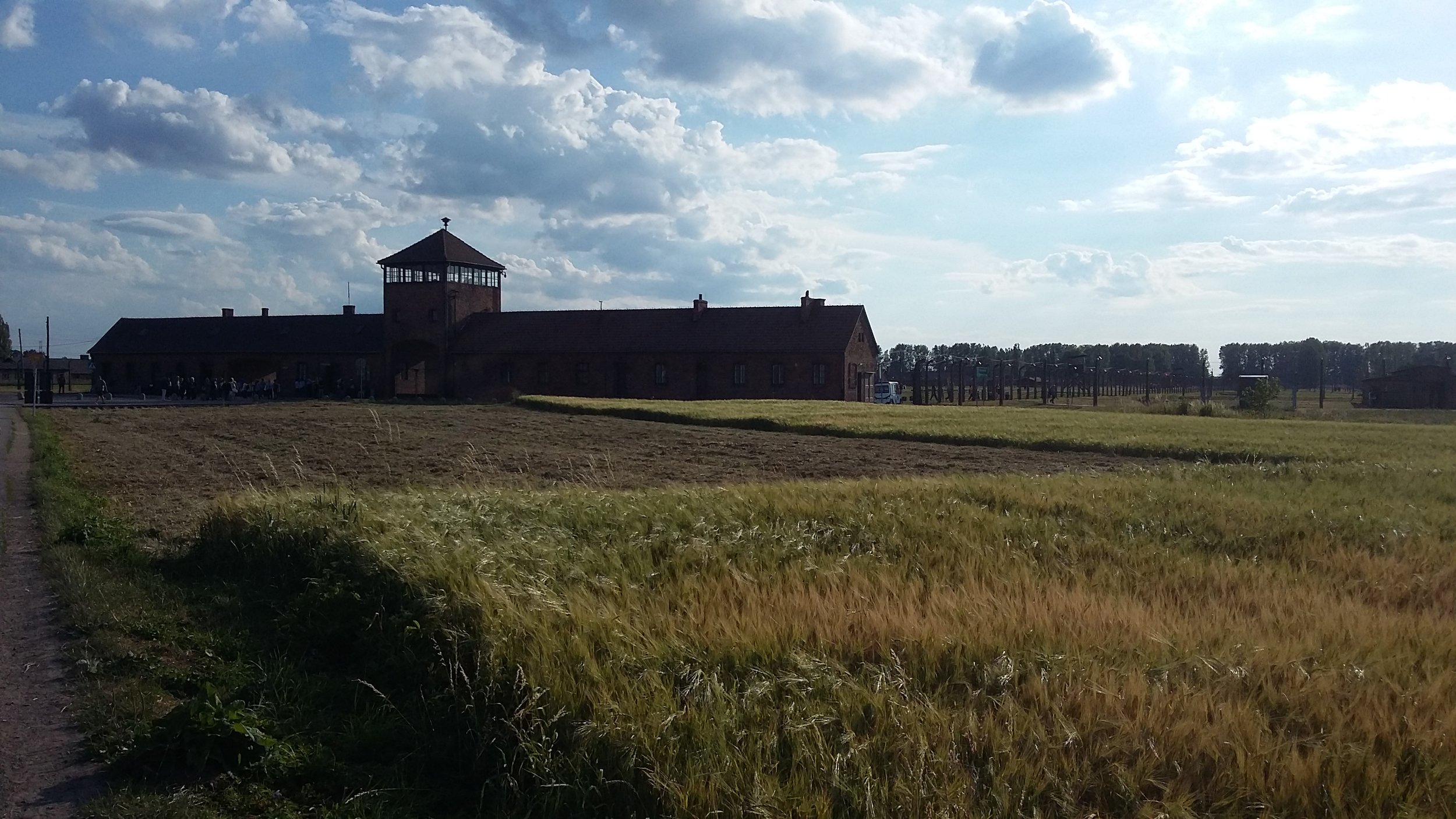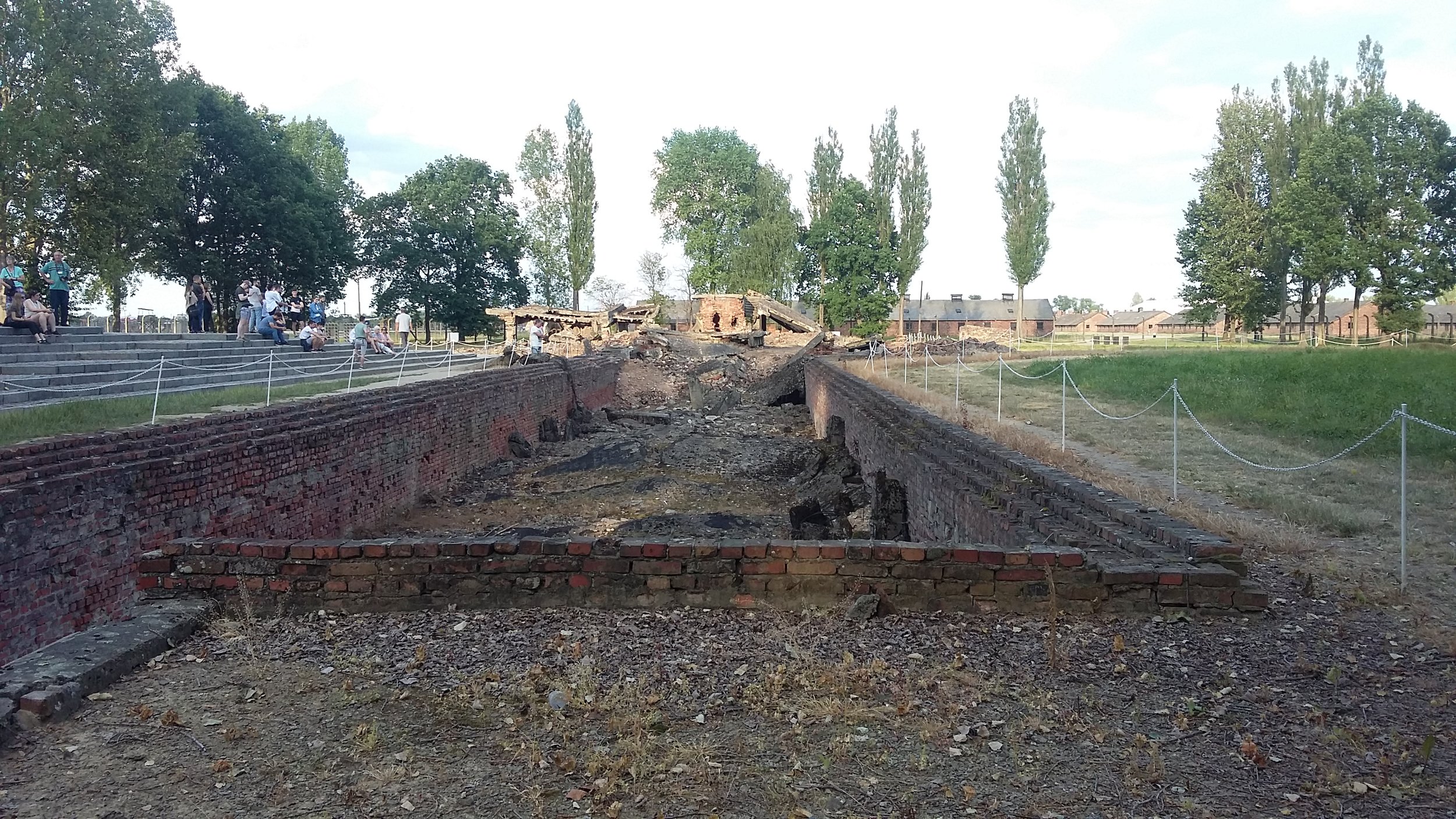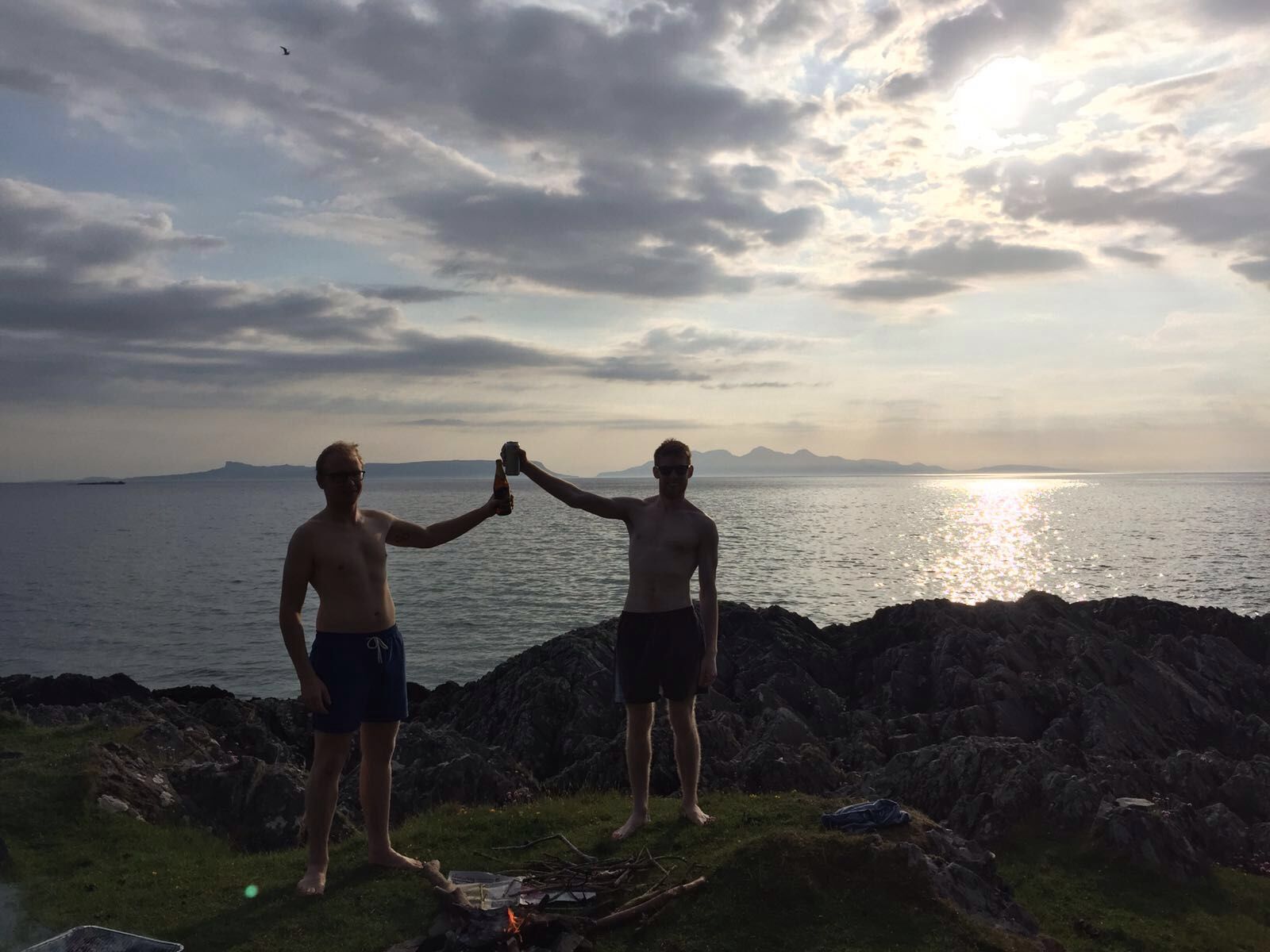Hanoi, Vietnam • June 2017 • Length of Read: 6 Minutes
For a country that seems to be so famed for its condensed milk iced coffees, worldwide distributed premium beans, and infamous weasel poop plantations, it’s surprisingly difficult to find a good cup of Joe in Vietnam. Forget latte art, most of the brews I had the displeasure of drinking during my month spent traversing the country more resembled murky pond water than milky delights, coming complete with sea floor debris in the form of ground beans glued the bottom of the dirty ceramic cups they were usually served in.
Pleasantly greeted with a warm smile by the young barista as I walked through the brightly painted narrow door of the hole-in-the-wall Note Coffee shop in Ho Chi Minh City, therefore, I was over the moon to see her go about operating the shiny new roaster that took its pride of place on the counter in an absolute seamless manner. Finally, a coffee that wasn’t going to be made using frozen instant beans and boiled hose water. Ordering a flat white and banh mi sandwich, I took a look around at the kaleidoscopic walls and ceiling. It was rather evident how the café had got its name. Signed post-it notes had been stuck to every feasible area of white space, words of inspiration and love being spread by Note Coffee customers from all four corners of the globe.
Delighted at having stumbled across this absolute jewel in the heart of Vietnam’s largest city, I followed the girl in the neatly-pressed apron up the winding staircase at the back of the shop to the rooftop seating area. She was a student studying Korean and English language at a local University, and clearly loved any moment that she could get to practice with a native speaker. As she went downstairs to make my order, I nipped into the toilet, which was styled as a British red post box, of course, and soon after she returned back up the steep stairs with my food and drink on a slip-proof tray. “Here you go,” she grinned, placing it down on a table that had views over the window-box flowers of the street below. “Thanks,” I responded, handing over the cash. I don’t think that smile had left her face since I’d arrived.
Complementing her on her English, she then proceeded to ask where I was from and where I was travelling and soon we'd entered into a lengthy conversation about my plans to travel up the entire coastline of the country to the capital city of Hanoi. “You need to visit our sister coffee shop when you get there then,” she said to me excitedly. “That is the original Note Coffee, with this one having only opened a couple of months ago.” On my way out the door a half-hour later I repeated my promise that I would say hello to her colleagues in the North; a note reading ‘love her but leave her wild’ in homage to my favourite poet Atticus left in place of my empty coffee cup.
Two weeks later, I strolled around the pond in the centre of Hanoi’s Old Quarter and spotted the place I was looking for. Well, it wasn’t that hard to find considering there was a youthful staff member stood at the door waving at me from the other side of the street. ‘There must be something in the water,’ I thought as I crossed the road and greeted him, not quite able to comprehend the levels of staff morale and happiness maintained by this small business. In a completely personal opinion, from all my travels I’ve found the Vietnamese vox populi to be the most rude and curt in the whole of South-East Asia. Managing to find this anomaly of love and joy in an otherwise bitter and grumpy country was an absolute revelation.
“What’s your name?” asked the same guy as he placed my coffee down next to my laptop. I’d already decided that this was going to be the perfect place to get my writing done whilst in the city. “Crobs,” I said, shaking his hand. “I’m going to be in Hanoi for the next twelve days before heading back to Europe, so you’ll probably see me a lot over the coming fortnight. I actually came here because of how awesome the staff in your Saigon branch were.” As a side note, Ho Chi Minh City used to be called Saigon until it was officially renamed in 1976 to commemorate the first leader of North Vietnam. Depending on their political standpoints, however, some Vietnamese people are still not too happy with this, so I cautiously ensured to still use the old name when talking to the locals. “We run a weekly English club every Monday night,” responded the guy. “If you’re still going to be here then it would be awesome if you could attend and help out.” How could I not?
Convincing my friends Tilly and Pete to join, the three of us sat down at 8 pm that following Monday in the circle of wooden chairs which had been arranged by the owner of the Note, and English club member, Tien. We introduced ourselves, and soon after the full-house of members had arrived and were ready to start. “Today’s topic of discussion is going to be ‘vacations’,” announced the confident teenage girl in charge of proceedings. She had just passed her final high school exams and was looking forward to having a study-free summer in front of her. I offered to start off and explained the purpose of my world tour trip, detailed some of the countries that I’d visited along the way and my impressions of Hanoi.
After my well-enunciated and deliberately slow monologue, I assumed that the stage would be set for the next person in the circle, but instead, a flurry of questions came my way. What was my favourite place? What did I dislike about Vietnam? How does life differ back in Scotland from Asia? They were all so interested in what life was like for someone from a completely different background, and I was happy to oblige them with detailed answers. They were just so eager to learn and in an informal out-of-classroom setting were all a lot more willing to participate. It also made me realise that learning a new language is not all about grammar and tenses, but in also understanding the culture, lifestyle differences, and unorthodox dialogue. Over the course of the next two hours or so, Pete, Tilly, and I gave them an epic geography lesson which they clearly very much appreciated. I also proudly managed to slip in a few Scottish slang terms along the way which at first baffled, and then very much amused them.
“We will miss you. Always be happy and have a safe flight.” That's what the note that accompanied my coffee and cake the next morning read. ‘I’ll miss you too,’ I thought as I left the Note for a final time. For reasons I’ll not go into it had been an emotionally scarring time for me, and although I always try to come across as happy to people, at times I’m far from it. In that moment, however, for the first time in a long time, I truly believed that happiness was just around the corner.
















